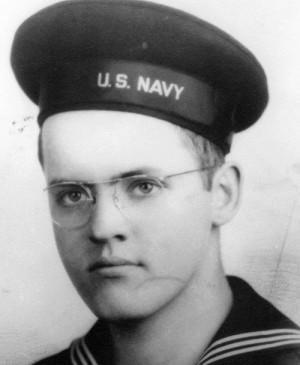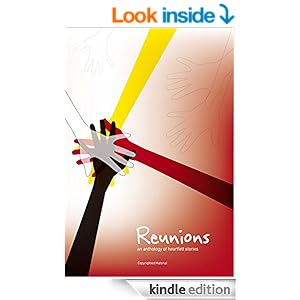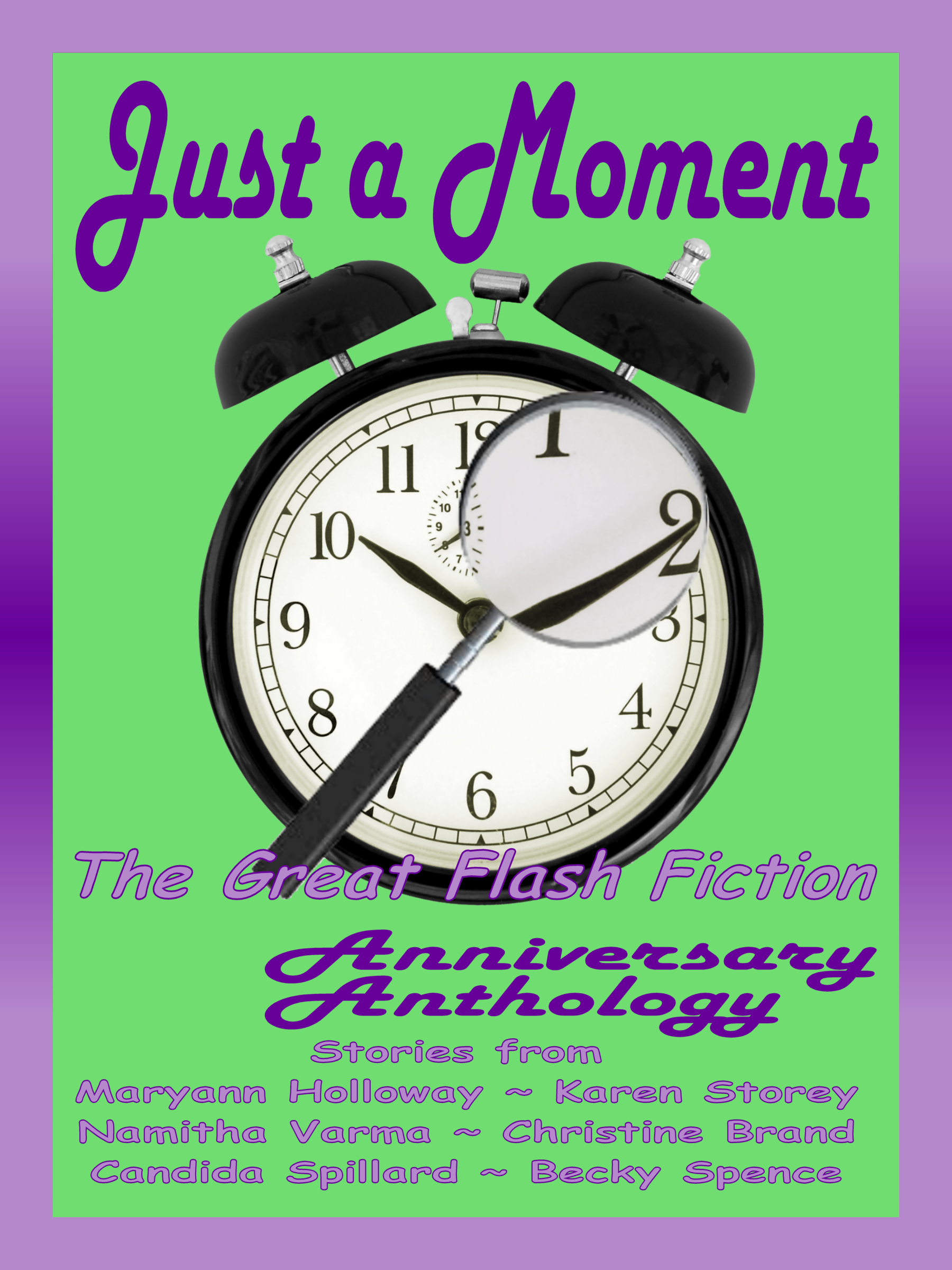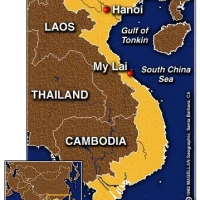WE DIDN’T START THE FIRE
FROM A TO Z
On September 27, 1989, the iconic song by Billy Joel, We Didn’t Start the Fire hit the airwaves. It was a history lesson set to music. When you first heard the song, did you know or remember all the people places, things and events mentioned in the lyrics? I sure didn’t. Back in 1989 before the internet was something everyone had access to, my boyfriend (now husband) and I headed to the local public library and looked up all the historical references. This month, for the A to Z Challenge, I am writing about that history.
1952 – Liberace

Liberace has a popular 1950s television show for his musical entertainment.
In 1952, The Liberace Show (1952), a syndicated television program, turned Liberace into a musical symbol. It began as a summertime replacement for The Dinah Shore Show (1951), but after two years, the show was one of the most popular on TV. It was carried by 217 American stations and could be seen in 20 foreign countries. Sold-out live appearances at Madison Square Garden enhanced the pianist’s popularity even more. Soon, Liberace added flamboyant costumes and expensive ornaments to his already unique performances.
1957 Little Rock

Little Rock, Arkansas is the site of an anti-integration standoff, as Governor Orval Faubus stops the Little Rock Nine from attending Little Rock Central High School and President Dwight D. Eisenhower deploys the 101st Airborne Division to counteract him.
The Little Rock Nine was a group of nine African American students enrolled in Little Rock Central High School in 1957. Their enrollment was followed by the Little Rock Crisis, in which the students were initially prevented from entering the racially segregated school by Orval Faubus, the Governor of Arkansas. They then attended after the intervention of President Dwight D. Eisenhower.
The U.S. Supreme Court issued its historic Brown v. Board of Education of Topeka, Kansas, 347 U.S. 483, on May 17, 1954. Tied to the 14th Amendment, the decision declared all laws establishing segregated schools to be unconstitutional, and it called for the desegregation of all schools throughout the nation. After the decision, the National Association for the Advancement of Colored People (NAACP) attempted to register black students in previously all-white schools in cities throughout the South. In Little Rock, the capital city of Arkansas, the Little Rock School Board agreed to comply with the high court’s ruling. Virgil Blossom, the Superintendent of Schools, submitted a plan of gradual integration to the school board on May 24, 1955, which the board unanimously approved. The plan would be implemented during the fall of the 1957 school year, which would begin in September 1957.
By 1957, the NAACP had registered nine black students to attend the previously all-white Little Rock Central High, selected on the criteria of excellent grades and attendance. Called the “Little Rock Nine”, they were Ernest Green (b. 1941), Elizabeth Eckford (b. 1941), Jefferson Thomas (1942–2010), Terrence Roberts (b. 1941), Carlotta Walls LaNier (b. 1942), Minnijean Brown (b. 1941), Gloria Ray Karlmark (b. 1942), Thelma Mothershed (b. 1940), and Melba Pattillo Beals (b. 1941). Ernest Green was the first African American to graduate from Central High School.
1958 Lebanon

Lebanon is engulfed in a political and religious crisis that eventually involves U.S. intervention
In 1958, during the last months of President Camille Chamoun’s term, an insurrection broke out, instigated by Lebanese Muslims who wanted to make Lebanon a member of the United Arab Republic. Chamoun requested assistance, and 5,000 United States Marines were briefly dispatched to Beirut on 15 July. After the crisis, a new government was formed, led by the popular former general Fuad Chehab.
1962 Liston Beats Patterson

Liston beats Patterson: Sonny Liston and Floyd Patterson fight for the world heavyweight championship on September 25, ending in a first-round knockout. This match marked the first time Patterson had ever been knocked out and one of only eight losses in his 20-year professional career.
1962 Lawrence of Arabia

Lawrence of Arabia: The Academy Award-winning film based on the life of T. E. Lawrence starring Peter O’Toole premieres in America on December 16.
Lawrence of Arabia is a 1962 epic historical drama film based on the life of T. E. Lawrence. It was directed by David Lean and produced by Sam Spiegel through his British company Horizon Pictures, with the screenplay by Robert Bolt and Michael Wilson. The film stars Peter O’Toole in the title role. It is widely considered one of the greatest and most influential films in the history of cinema. The dramatic score by Maurice Jarre and the Super Panavision 70 cinematography by Freddie Young are also highly acclaimed.
The film was nominated for ten Oscars at the 35th Academy Awards in 1963; it won seven in total: Best Picture, Best Director, Best Original Score, Best Cinematography (Color), Best Art Direction (Color), Best Film Editing and Best Sound Mixing. It also won the Golden Globe Award for Best Motion Picture – Drama and the BAFTA Awards for Best Film and Outstanding British Film.
The film depicts Lawrence’s experiences in the Arabian Peninsula during World War I, in particular his attacks on Aqaba and Damascus and his involvement in the Arab National Council. Its themes include Lawrence’s emotional struggles with the personal violence inherent in war, his own identity, and his divided allegiance between his native Britain and its army and his new-found comrades within the Arabian desert tribes. As well as O’Toole, the film stars Alec Guinness, Jack Hawkins, Anthony Quinn, Omar Sharif, Anthony Quayle, Claude Rains and Arthur Kennedy.
In 1991, Lawrence of Arabia was deemed “culturally, historically, or aesthetically significant” and selected for preservation in the United States Library of Congress National Film Registry

 Check out my other blog
Check out my other blog I'M PUBLISHED
I'M PUBLISHED I'm Published Again
I'm Published Again









I love you theme! I learn things and I remember things …and I love Lawrence of Arabia!
Little House on the Prairie
LikeLike
I really need to see Lawrence of Arabia. Somehow I have missed ever seeing this.
Perspectives at Life & Faith in Caneyhead
LikeLike
We own it on DVD and I also haven’t watched it. My hubby raves about it.
LikeLiked by 1 person
I didn’t keep up with a lot of the news of those days, but I did watch a lot of television. Since my mother liked to watch The Liberace Show I usually watched it with her. I enjoyed those old variety shows.
Arlee Bird
Tossing It Out
LikeLike
My mom talked about him and went to see him at a show place that used to be in NJ called the Latin Casino. His show is before my time but I was a big fan of other variety shows. I think it was my V in my 1970s Time Capsule in last year’s AtoZ
LikeLike
I grew up watching Liberace. I really need to go look up all the lyrics to this song.
LikeLike
Here from the A-Z and enjoyed reading. Especially about Little Rock, and Lebanon. And Lawrence of Arabia is a classic, love it every time I watch.
All the best,
Nilanjana
Madly-in-Verse
LikeLike
Enjoying, learning and remembering the little bits history you are sharing. Great theme!
My A to Z Theme is Sharing Family History via #GenealogyPhotoADay.
Fran from TravelGenee Blog
LikeLike